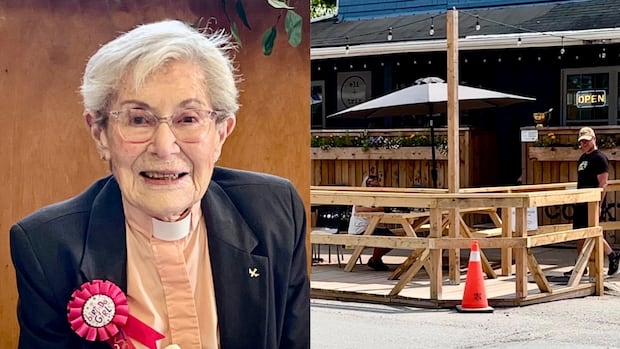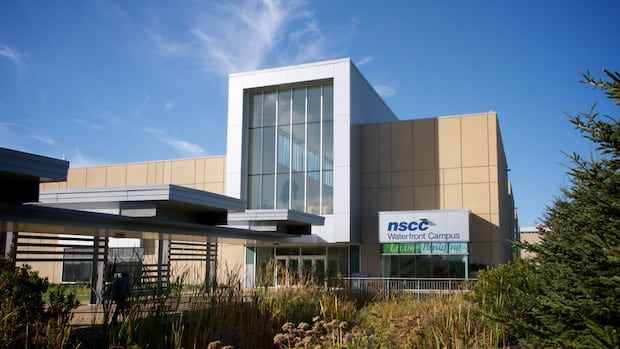N.S. wildlife sanctuary welcomes changes to bear rehabilitation policies happening this year

An animal rehabilitation centre on Nova Scotia’s Eastern Shore is eagerly anticipating the opportunity to rehabilitate orphaned black bear cubs as the Department of Natural Resources prepares to issue the necessary permits as early as this spring.
Hope Swinimer, the founder of Hope for Wildlife in Seaforth, N.S., expressed her excitement about the prospect, stating, “It’s very exciting for us to think that we’re that close finally. The message it sends, that our government is saying, hey, it is important that we do help, that these animals aren’t destroyed. There is an option. It costs the government no money at all. Let’s take these steps and move forward.”
Swinimer mentioned that her facility has received several calls each year regarding black bear cubs in distress. However, they were unable to provide assistance to these animals due to Nova Scotia’s previous policy of not rehabilitating black bears that are injured or orphaned.
The province’s Department of Natural Resources recently announced its commitment to fulfilling a promise made as part of its mandate in 2021, which is to provide regulated wildlife centres with the opportunity to rehabilitate orphaned bear cubs. The department is confident that permits will be ready for issuance by the spring.
Bear cub rehabilitation has been a contentious issue in Nova Scotia, particularly following the euthanasia of an orphaned black bear cub taken from Hope for Wildlife in 2020. Subsequently, the wildlife refuge submitted a proposal to the provincial government requesting permission to rehabilitate orphaned cubs, which was denied the following year.
Swinimer believes that a change in policy will significantly benefit their facility and help them further their mission. She stated, “We’re really hoping that if this does go forward, it will help in so many ways that we never saw possible.”
On the other hand, Brenda Boates, the wildlife operations manager at Cobequid Wildlife Rehabilitation Centre in Brookfield, N.S., announced that their facility will not be applying for a permit to rehabilitate bears. Boates cited limitations in resources, including space, funding, and staff, as the primary reasons for their decision.
While Boates expressed some reservations about rehabilitating bears in Nova Scotia, she acknowledged that it could be successful if done properly. She emphasized the importance of following established protocols and procedures to ensure the bears’ well-being and successful rehabilitation.
Swinimer highlighted that Hope for Wildlife has already made significant progress in preparing for black bear cub rehabilitation, with experienced staff members and guidance from established bear rehabilitation centres. She noted that the creation of proper policies and procedures is crucial for the successful rehabilitation of orphaned cubs.
The Department of Natural Resources advised Nova Scotians to contact them if they believe they have found an orphaned bear cub, rather than attempting to handle the cub themselves. This precaution is essential as the mother bear is likely to be nearby.
Overall, the anticipated change in policy regarding black bear cub rehabilitation in Nova Scotia has generated optimism and excitement among wildlife rehabilitation centres, paving the way for a new era of conservation and care for these majestic animals.



